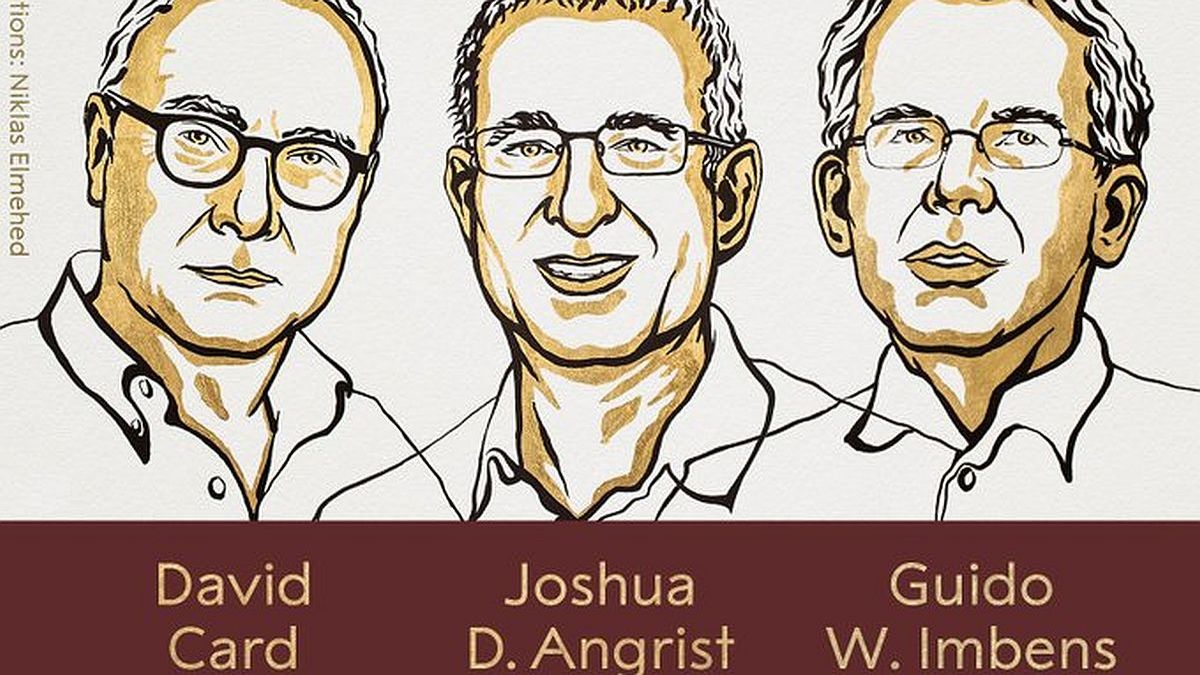“This year’s awardees David Card, Joshua Angrist and Guido Imbens have provided us with new insights into the job market and shown what conclusions about cause and effect can be drawn from natural experiments. Their approach has spread to other fields and revolutionized empirical research, “the Academy said in a statement.
Using natural experiments, Card analyzed the effects of the minimum wage, immigration, and education on the labor market.
“His studies in the early 1990s challenged conventional wisdom, leading to new analysis and additional insights. The results showed, among other things, that raising the minimum wage does not necessarily lead to fewer jobs,” said the jury.
He added: “We now know that the income of people who were born in a country can benefit from a new immigration, while people who immigrated before run the risk of being negatively affected,” he added.
The Academy also noted that “we have also realized that resources in schools are much more important to the future success of students in the job market than previously thought.”
Meanwhile, Angrist and Imbens demonstrated “how precise conclusions about cause and effect can be drawn from natural experiments.”
“Card’s studies on fundamental questions for society and the methodological contributions of Angrist and Imbens have shown that natural experiments are a rich source of knowledge. His research has substantially improved our ability to answer key causal questions, which has been of great benefit to society, ”said Peter Fredriksson, Chair of the Economic Sciences Prize Committee.
David William is a talented author who has made a name for himself in the world of writing. He is a professional author who writes on a wide range of topics, from general interest to opinion news. David is currently working as a writer at 24 hours worlds where he brings his unique perspective and in-depth research to his articles, making them both informative and engaging.




